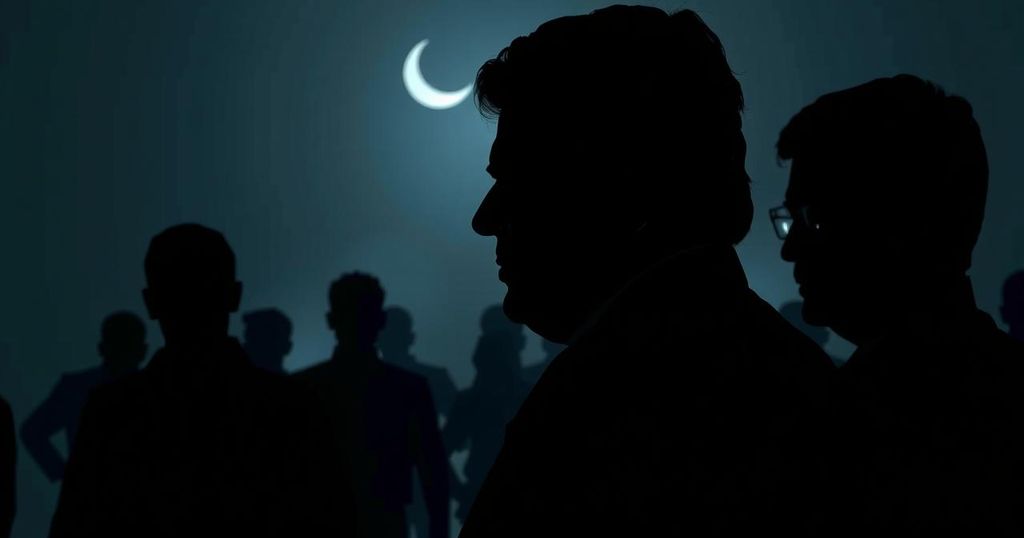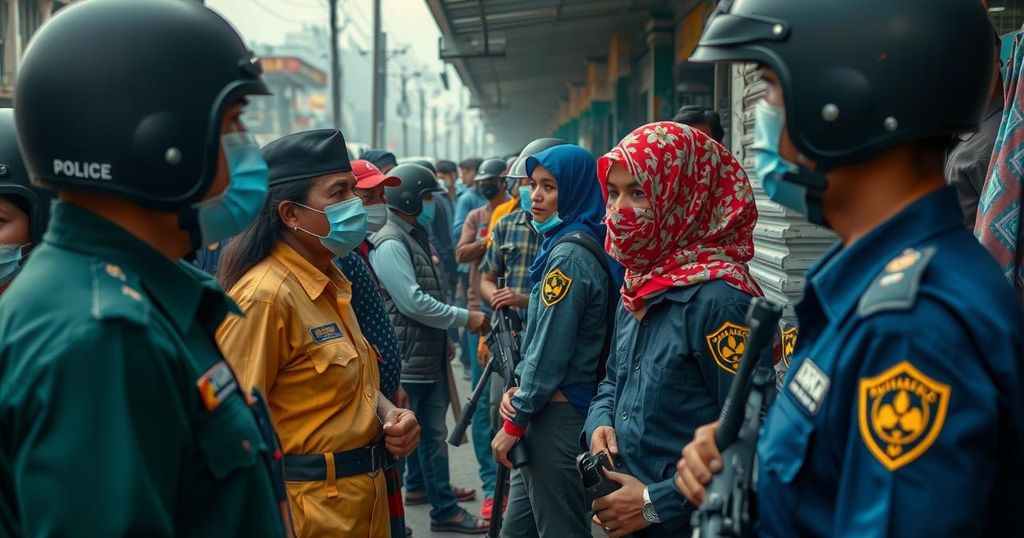Canadian Businessman Facing Extradition to India for Role in 2008 Mumbai Terror Attacks
Canadian businessman Tahawwur Rana, of Pakistani origin, is currently facing potential extradition to India due to his alleged involvement in the 2008 Mumbai terror attacks, according to recent legal developments. Rana, who is currently detained in Los Angeles, has been associated with Pakistani-American Lashkar-e-Taiba (LeT) terrorist David Coleman Headley, a significant figure in the Mumbai terror incident.
A recent ruling by a US appeals court has paved the way for Rana’s potential extradition to India. The court’s decision was based on the finding that Rana’s alleged offense falls within the terms of the extradition treaty between the United States and India, which includes a provision for extraditability in cases that do not constitute double jeopardy. It is important to note that Rana still has legal avenues available to challenge the ruling and prevent his extradition to India.
The panel of judges based their decision on a technical analysis of the extradition treaty and relevant case law from other circuits. They concluded that India had provided sufficient evidence to support the allegations against Rana and that the Indian charges contained distinct elements from the crimes for which Rana was acquitted in the United States, further justifying his potential extradition.
Rana had previously faced trial in a US district court for his involvement in supporting a terrorist organization responsible for the Mumbai attacks. While he was convicted on some charges related to the plot, he served seven years in prison and was ultimately acquitted of other terrorism-related allegations. Following his release, India requested his extradition to face trial for his alleged role in the Mumbai attacks.
Despite Rana’s arguments against extradition, the court upheld its decision, paving the way for him to potentially face trial in India for his alleged involvement in the tragic events of 2008. A total of 166 people lost their lives in the Mumbai terror attacks, including six Americans, during the more than 60-hour siege carried out by 10 Pakistani terrorists at various locations throughout the city.
As the legal process unfolds, Rana has the opportunity to appeal the ruling and continue to challenge his extradition to India. The decision has shed light on the complexities of international extradition law and the intricate legal considerations that come into play in cases of this nature.
The potential extradition of Tahawwur Rana serves as a reminder of the far-reaching impact of terrorism and the ongoing efforts to bring those responsible to justice. The legal proceedings surrounding this case will continue to unfold as authorities work to address the tragic events that shook Mumbai in 2008.
It is important to note that the information provided in this article is based on the court’s ruling and relevant legal proceedings and does not imply guilt or innocence on the part of Tahawwur Rana. As the case progresses, further developments will shape the ultimate outcome of this complex and contentious legal matter.








Post Comment